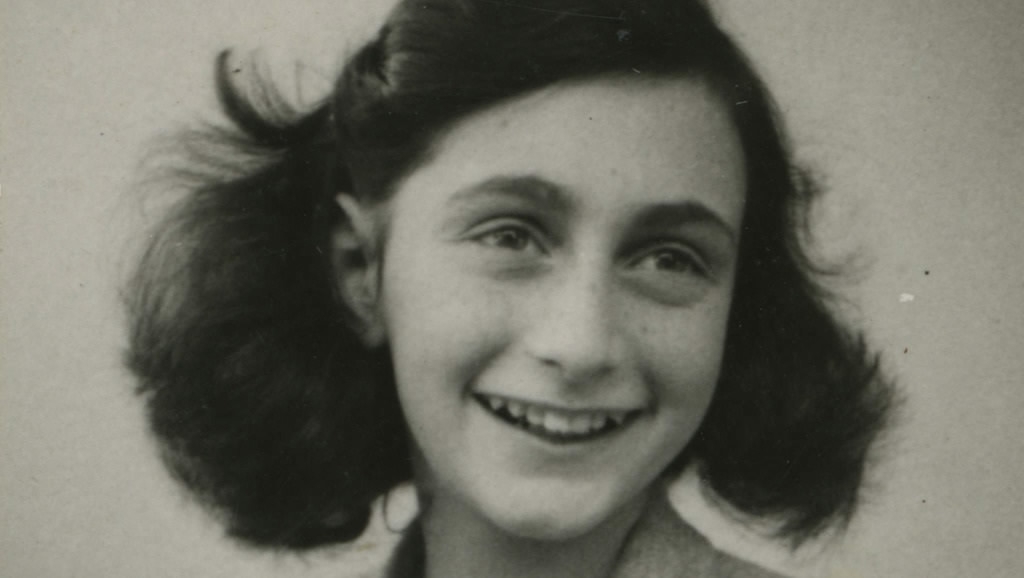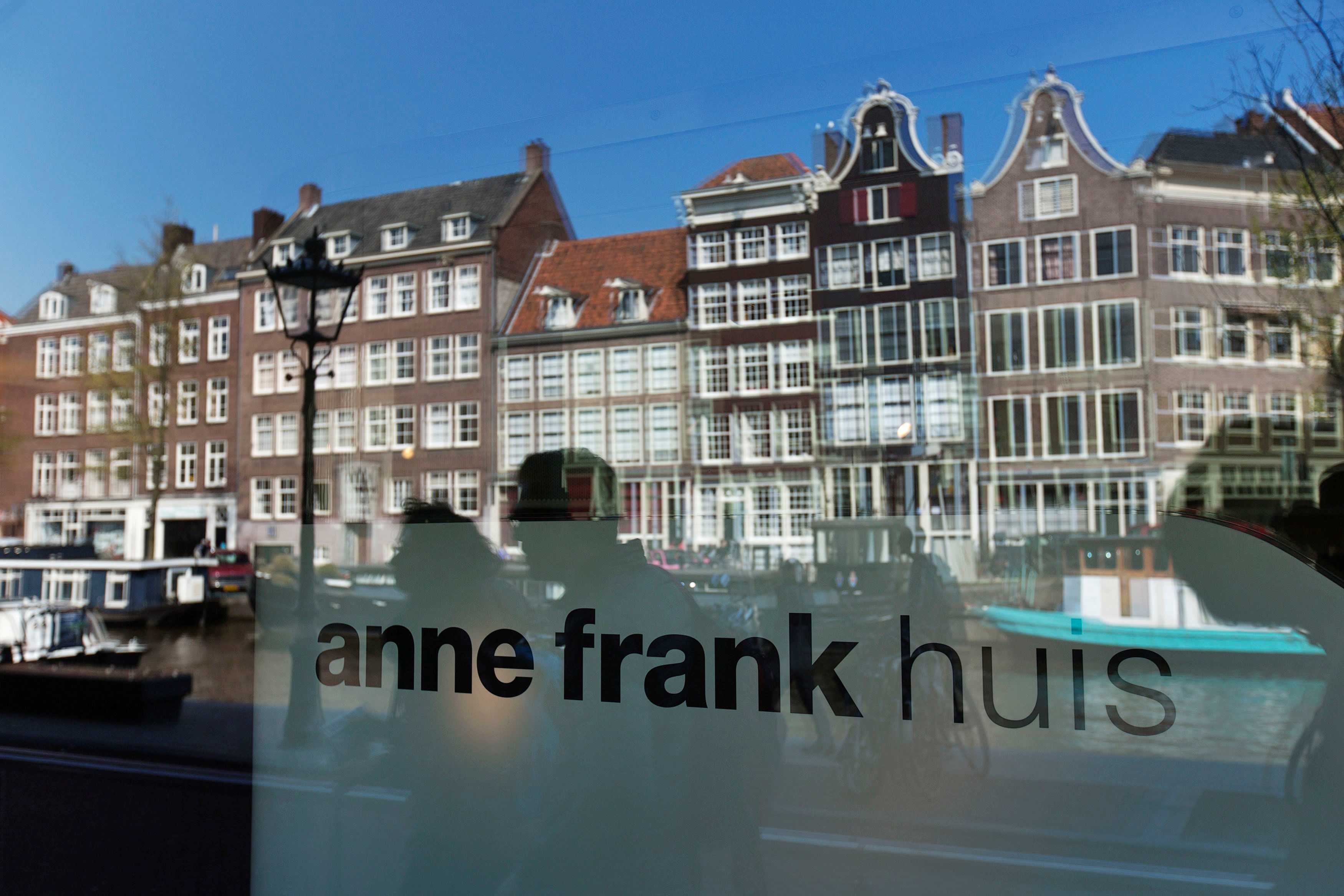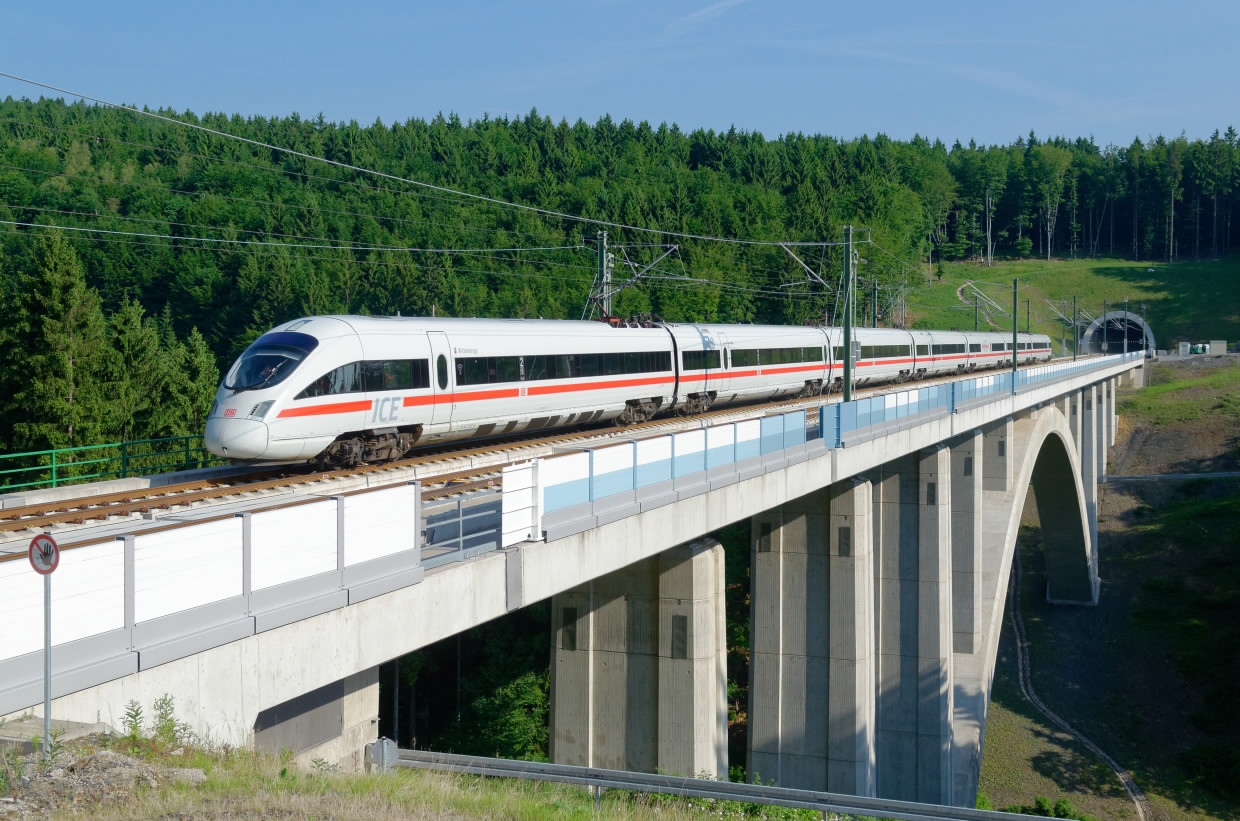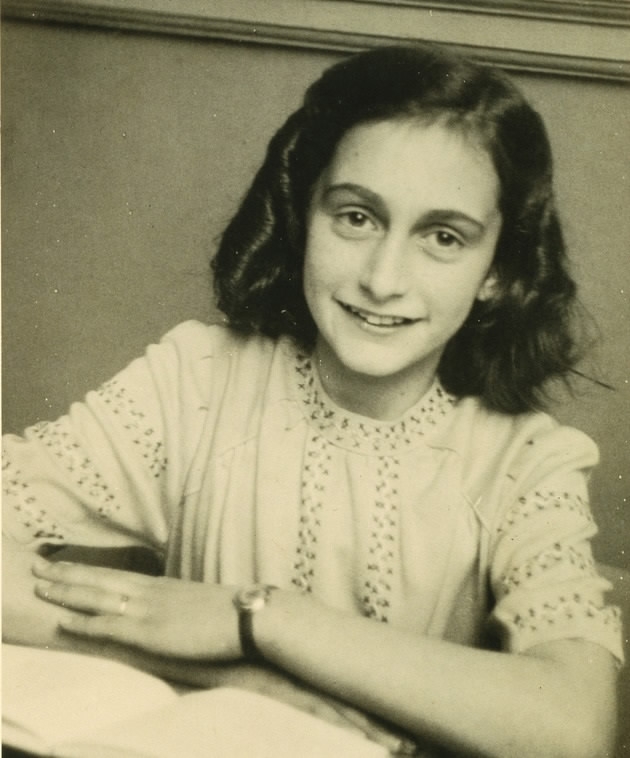
World
16:03, 01-Nov-2017
German Rail sparks debate over ‘Anne Frank’ train
By Sim Sim Wissgott

Germany’s Deutsche Bahn railway company has sparked a controversy with a proposal to name one of its high-speed ICE trains after Holocaust victim Anne Frank, with critics noting the role trains played in ferrying hundreds of thousands of Jews to their deaths during the Second World War.
Railway companies in Europe often christen their trains and locomotives, usually after a place, historical figure, or cultural reference. But DB seems to have been caught off-guard by the strong reaction to its latest choice.
“To name a train after ‘Anne Frank’ is disrespectful,” German MP Iris Eberl tweeted after the news emerged.
The director of Frankfurt's Jewish Museum, Mirjam Wenzel, criticized the move as "based on historical amnesia."

Reflections of tourists and canal houses are seen in the window
of the Anne Frank museum in Amsterdam, April 24, 2013. /Reuters Photo
Reflections of tourists and canal houses are seen in the window of the Anne Frank museum in Amsterdam, April 24, 2013. /Reuters Photo
Schoolgirl Anne Frank hid from the Nazis for two years in an Amsterdam attic with her parents before they were found out and deported. Anne later died in Bergen-Belsen concentration camp. Her diary, which she wrote while in hiding, was later published and has made her a household name, with schoolchildren around the world still reading about her experiences today.
While streets and schools have been named after her, many have said the idea of putting her name on a train is problematic.
Deportation by train
This was the method used to transport Jews to concentration camps under the Nazis. Deutsche Bahn’s history also goes back to the Deutsche Reichsbahn, the state railway company in Nazi Germany.
In a statement this week, the Anne Frank Foundation in Amsterdam acknowledged that Deutsche Bahn’s move was probably “taken with good intentions,” but added that “the combination of Anne Frank and a train evokes associations with the persecution of the Jews and the deportations during the Second World War.”
DB’s proposal is “painful for the people who experienced these deportations, and causes fresh pain to those who still bear the consequences of those times within them,” the Foundation added, without however calling for the idea to be dropped.

Deutsche Bahn's high-speed ICE train. /Deutsche Bahn Photo
Deutsche Bahn's high-speed ICE train. /Deutsche Bahn Photo
Einstein, Beethoven and Dietrich
Anne Frank was just one of the names selected for 25 new ICE-4 high-speed trains due to be rolled out in 2018 and 2019. The others include actress Marlene Dietrich, scientist Albert Einstein and composer Ludwig van Beethoven, but also Dietrich Bonhoeffer, a pastor and anti-Nazi campaigner who was executed in 1945, and writer Hannah Arendt, known for her coverage of top Nazi Adolf Eichmann's trial.
The 25 names were selected by a jury from some 19,400 names submitted by the public.
'An exceptional figure'
On Tuesday, Deutsche Bahn apologized for the uproar in a statement posted on its website.
“The intention was not in any way to damage Anne Frank’s memory. Rather, DB, conscious of its historic responsibility, decided to keep her memory alive.”

Anne Frank in December 1941. /Anne Frank House Photo
Anne Frank in December 1941. /Anne Frank House Photo
“We are very sorry if anybody’s feelings were hurt,” it added.
The jury that selected the 25 names “was unanimous in wanting to honor Anne Frank as an exceptional figure,” it went on.
“Naturally, DB will take the concerns being expressed in public very seriously,” it said, adding it was planning internal discussions about it and was seeking counsel from Jewish organizations and representatives of Anne Frank’s family.
#Fail?
Online, the debate continued.
“Naming one of your shiny new trains after #AnneFrank is probably not a great idea if you are the German state train company,” Christian Odendahl, chief economist at the Centre for European Reform, tweeted.
“#AnneFrank The train that brought Anne to a place that was terrible. The train came back, Anne did not!! #Fail,” added another Twitter user, Sylvia Salseras.
Some, however, insisted the gesture was appropriate.
“Shouldn’t it be precisely a train, the symbol of deportation to the death camps, that honors Anne Frank in the name of the million victims?” Armin Laschet, governor of Germany’s North Rhine-Westphalia state, was quoted as saying by the daily Berliner Zeitung.
7367km

SITEMAP
Copyright © 2018 CGTN. Beijing ICP prepared NO.16065310-3
Copyright © 2018 CGTN. Beijing ICP prepared NO.16065310-3